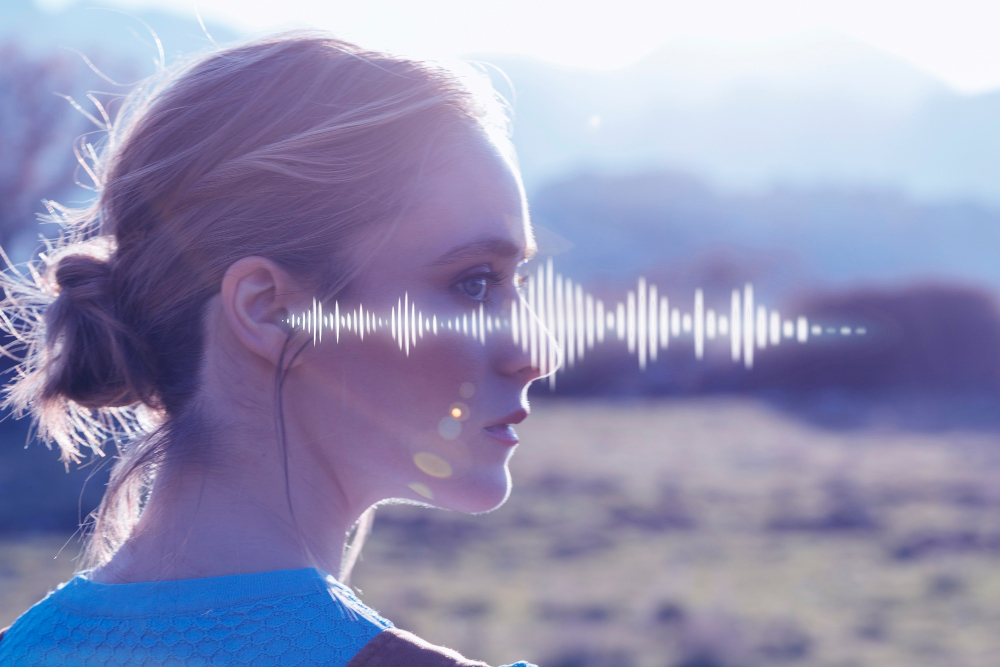Music and AI unite to power new mental health innovations
AI-generated and human-composed music are being tested as ethical, scalable tools for therapy and emotional support.

MIT PhD student Kimaya Lecamwasam is blending neuroscience, artificial intelligence, and music to pioneer new approaches to mental health care. Her research explores how music impacts the brain and emotions to develop scalable non-drug therapies.
Lecamwasam combines her neuroscience background and love of music to study how performances, composition, and listening affect emotional and physical well-being. Her work validates music as a mental health tool and explores AI-generated music for therapy.
Lecamwasam studies AI- and human-composed music, exploring ethical ways to use AI in emotional health without compromising creativity. She collaborates with institutions like Carnegie Hall and Myndstream to test music-based applications in real-world settings.
Beyond research, Lecamwasam contributes to building supportive communities at MIT. Through mentoring and student initiatives, she promotes inclusion and collaboration among emerging scientists and artists who share her belief in music’s power to heal and connect.
Would you like to learn more about AI, tech and digital diplomacy? If so, ask our Diplo chatbot!
